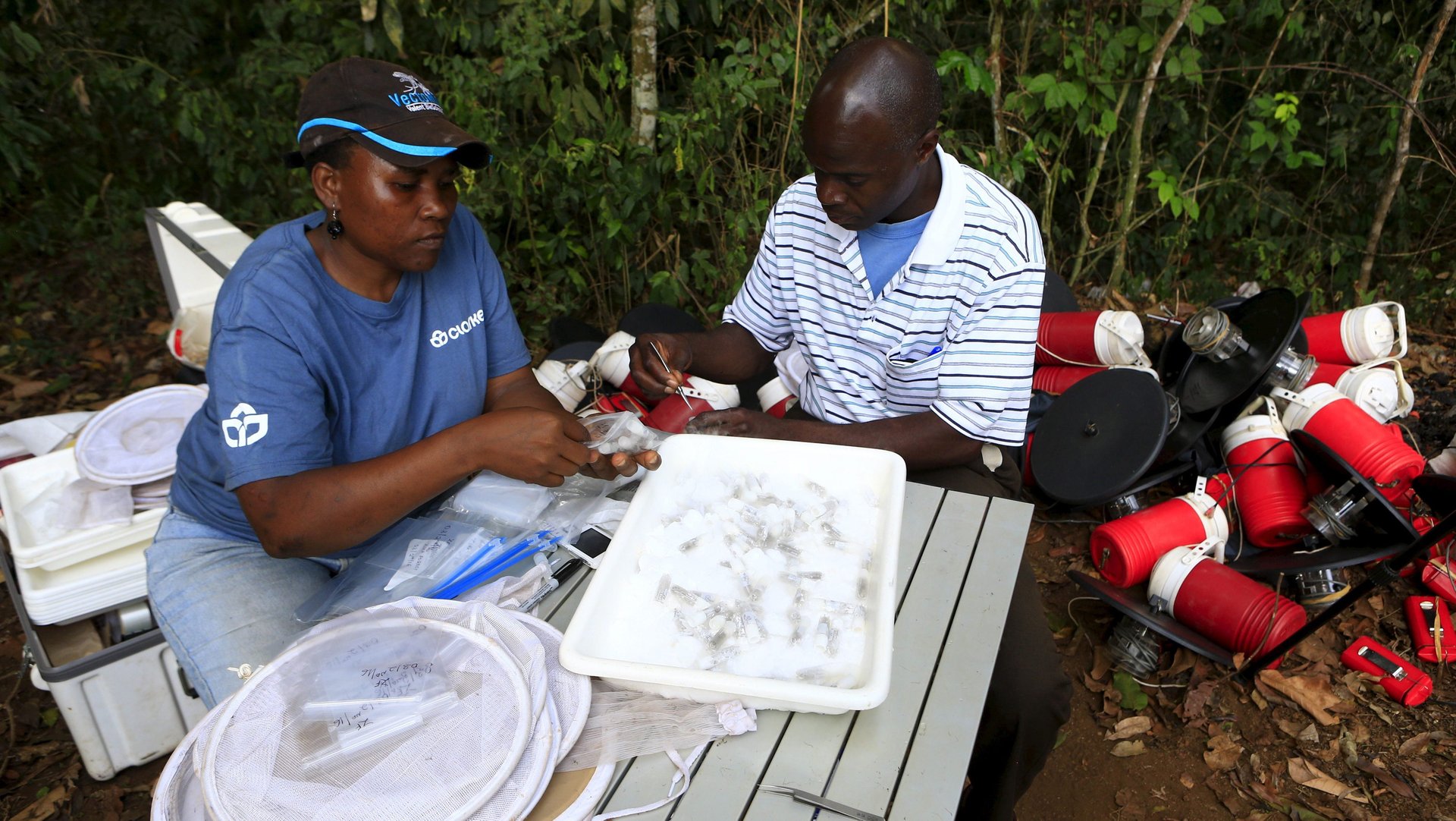Africa’s future needs a better research culture—and not just for scientists
Of the many developmental challenges facing Africa, scientific research doesn’t often rise to the top of the discussion agenda, though thankfully that has been changing with high profile initiatives like the Next Einstein Forum. And yet research and development will be key to the kinds of improvements that African citizens need and expect.


Of the many developmental challenges facing Africa, scientific research doesn’t often rise to the top of the discussion agenda, though thankfully that has been changing with high profile initiatives like the Next Einstein Forum. And yet research and development will be key to the kinds of improvements that African citizens need and expect.
The priorities, or lack thereof, are obvious when you consider the average sub Saharan Africa government spends less than 0.5% of GDP on backing research—the OECD country average is more than four times that at 2.3%. The governments have recognized this and committed, a couple of years ago, to increasing investment in science and technology to reach 0.7% of GDP by 2020 and 1% of GDP by 2025.
And yet, despite a lack of funding and the flight of many top scientists abroad, there is still a wealth of talent in African countries who make personal sacrifices every day to try and keep local R&D a reality on the ground. A recent paper by the Collaboration for Research Excellence in Africa (CORE), showed that up to 85% of the 400 plus African researchers who answered its survey had worked for free in order to enable research projects. More than half of the researchers had worked for free on projects that lasted as long as six months to three years. Some worked unpaid on projects for more than five years.
Some researchers do it for the experience and benefit by getting paid positions eventually but many do it to work with organizations out of personal interest or contribute to a specific cause. A lack of funding is a key reason for this.
However, as the paper’s authors note: “Research can only thrive in an atmosphere that prioritizes, supports and appreciates its importance. An atmosphere of political or cultural intolerance to research has a stifling effect on research efforts.”
CORE says governments can develop national and regional initiatives that accelerate and support research and research-based education in Africa, in order to build the necessary human capital needed and increase the capacity of institutions to provide valuable training and research opportunities.
Ultimately, there needs to be more done to support a culture of research in African countries as much as fund it. More local research should lead to an increase in evidence-based policymaking and hopefully generate better outcomes in most cases for citizens. But this will only come with governments that don’t just fund research out of a sense of obligation or to meet some arbitrary target but also believe in it.